In a rapidly changing global landscape, the topic of World War III is a subject of concern for many. With the United States playing a central role in global affairs, it is essential to explore the potential implications of such a conflict. This article delves into the relationship between the United States and the possibility of World War III, examining key factors, historical context, and potential outcomes.
The United States as a Global Superpower:

As the world’s leading superpower, the United States holds significant influence on the global stage. Its military capabilities, economic strength, and diplomatic reach make it a crucial player in international affairs. However, such power also brings responsibilities and challenges, including the potential for conflicts that could escalate into a global scale conflict like World War III.
Historical Lessons from World War I and II:
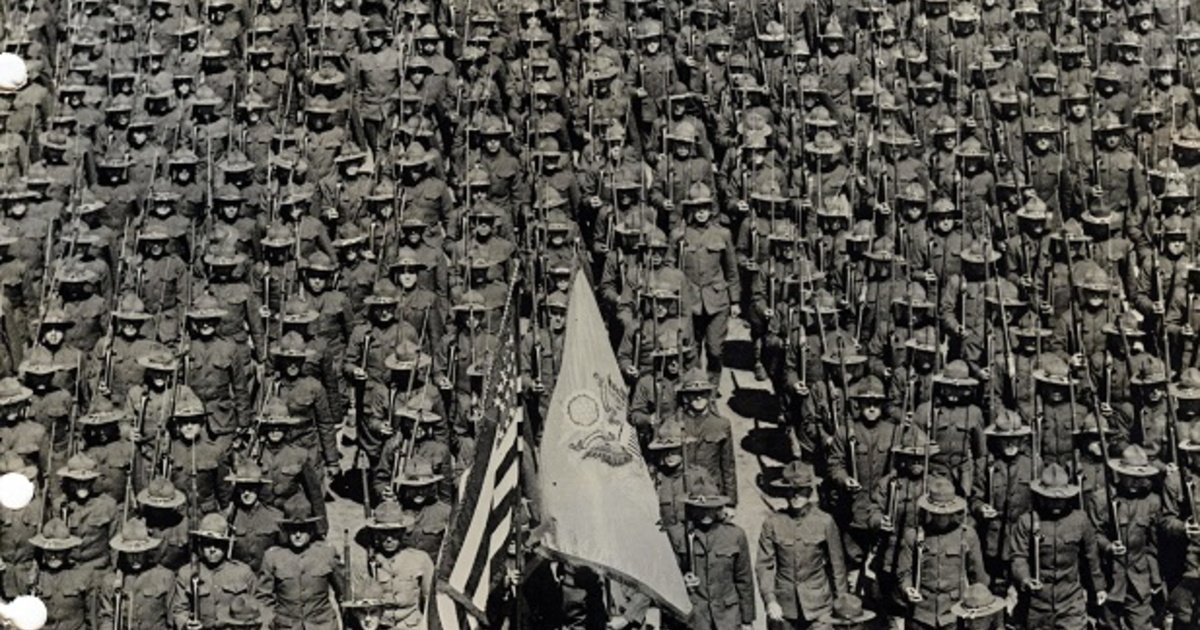
The lessons learned from World War I and II serve as a reminder of the devastating consequences of global conflicts. The United States, having participated in both wars, understands the importance of preventing another catastrophic conflict. The aftermath of these wars led to the establishment of international institutions like the United Nations, designed to promote peace and resolve conflicts through diplomatic means.
The Role of Technology and Cyber Warfare:
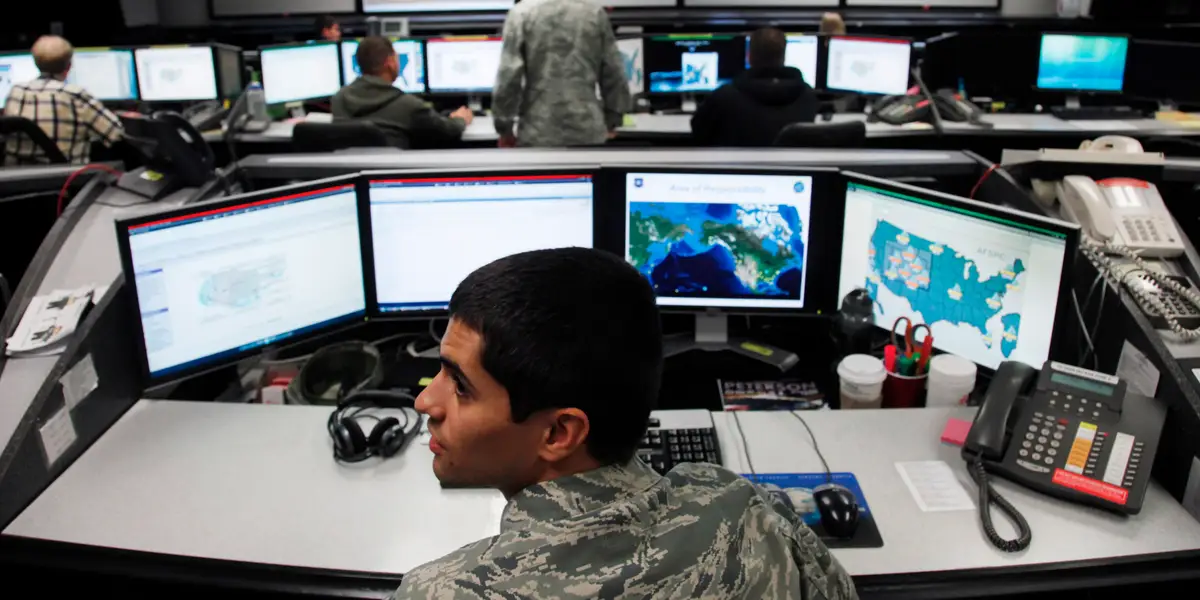
In the digital age, technology plays a pivotal role in international relations and warfare. The United States, being at the forefront of technological advancements, faces new challenges in the realm of cyber warfare. Cyberattacks on critical infrastructure, information warfare, and hacking pose significant threats that could potentially trigger a chain reaction leading to World War III.
Nuclear Weapons and Deterrence:

The possession of nuclear weapons by several nations, including the United States, has changed the dynamics of global conflict. The concept of deterrence, whereby the threat of massive retaliation serves as a deterrent, has helped prevent a direct confrontation between nuclear-armed nations. However, the risk of accidental escalation or non-state actors gaining access to nuclear weapons remains a concern.
The United States and Its Alliances:
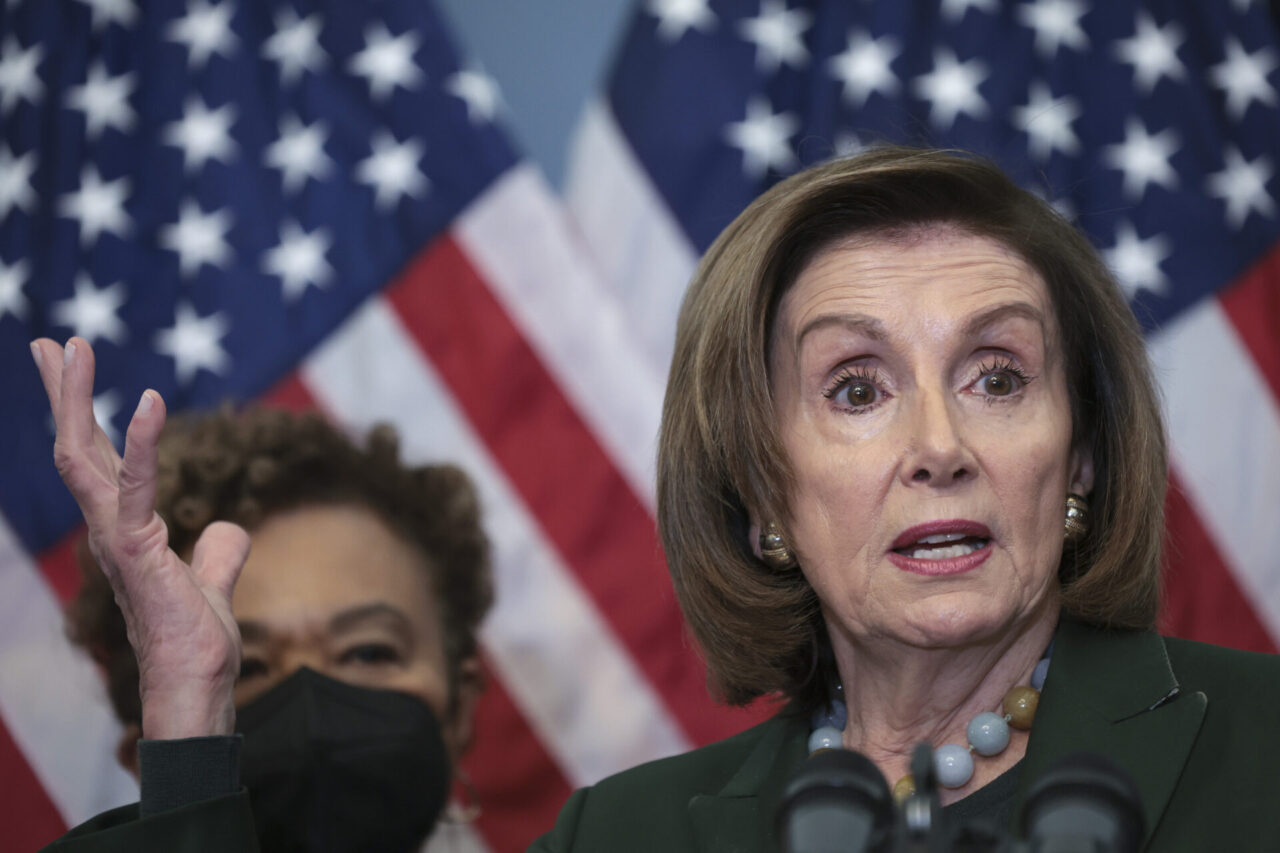
The United States has established strategic alliances with various nations around the world. These alliances, such as NATO, serve to strengthen collective security and deter potential aggressors. In the event of a conflict that threatens the interests of the United States and its allies, these alliances could significantly impact the course of World War III.
Territorial Disputes and Resource Competition:
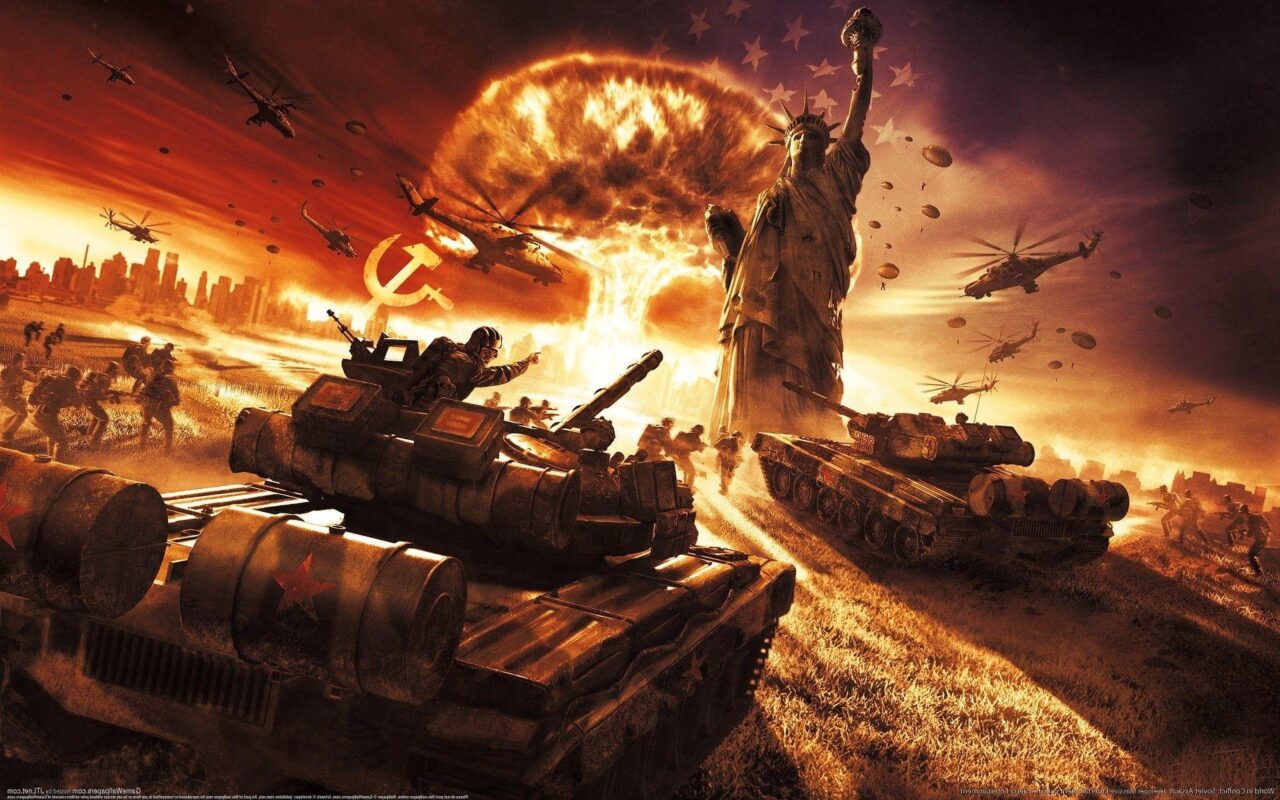
Territorial disputes and competition for valuable resources have been underlying causes of conflicts throughout history. As the world’s leading consumer of resources, the United States has a vested interest in maintaining access to vital resources and ensuring stability in regions prone to disputes. Such disputes and competitions could potentially spark a global conflict.
Economic Interdependence and Global Stability:
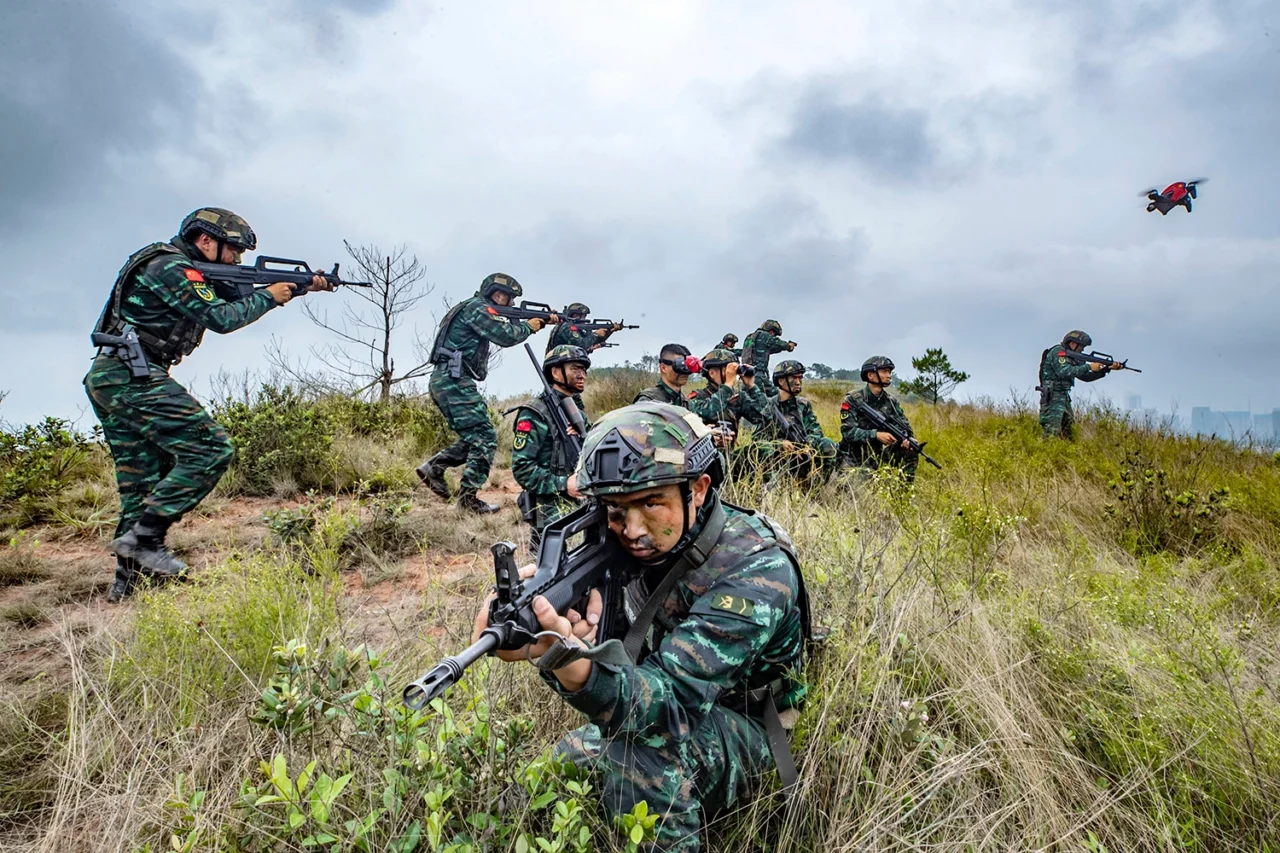
The interconnectedness of the global economy has fostered a sense of mutual dependence among nations. The United States, being a major economic powerhouse, has a vested interest in maintaining global stability. Disruptions to the global economy, such as trade wars or economic collapse, can have far-reaching consequences, including the potential for conflicts that could escalate into World War III.
The Importance of Diplomacy and International Institutions:
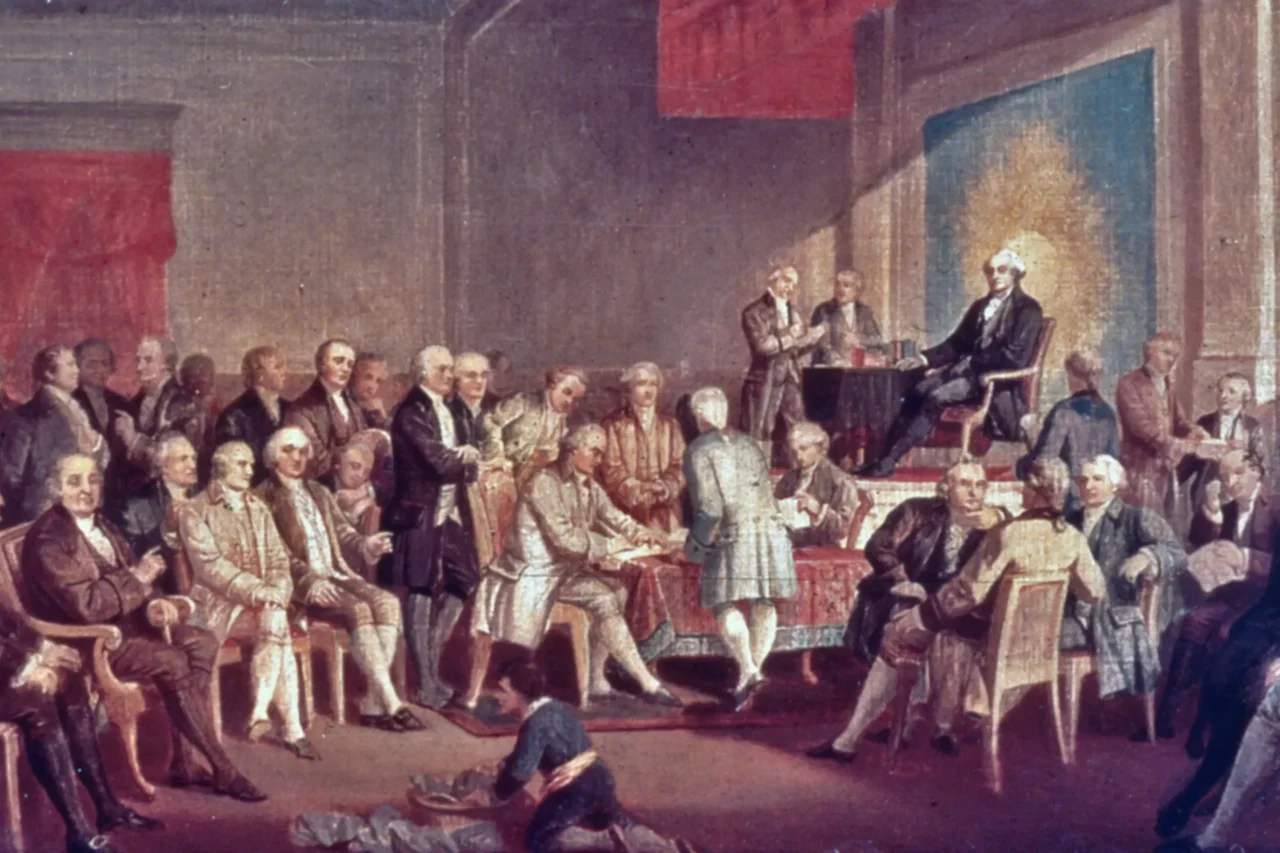
Diplomacy and international institutions play a crucial role in preventing conflicts and resolving disputes peacefully. The United States has historically relied on diplomatic channels to address global challenges and promote stability. Strengthening diplomatic efforts and supporting international institutions is vital in mitigating the risk of War III.
Military Modernization and Preparedness:
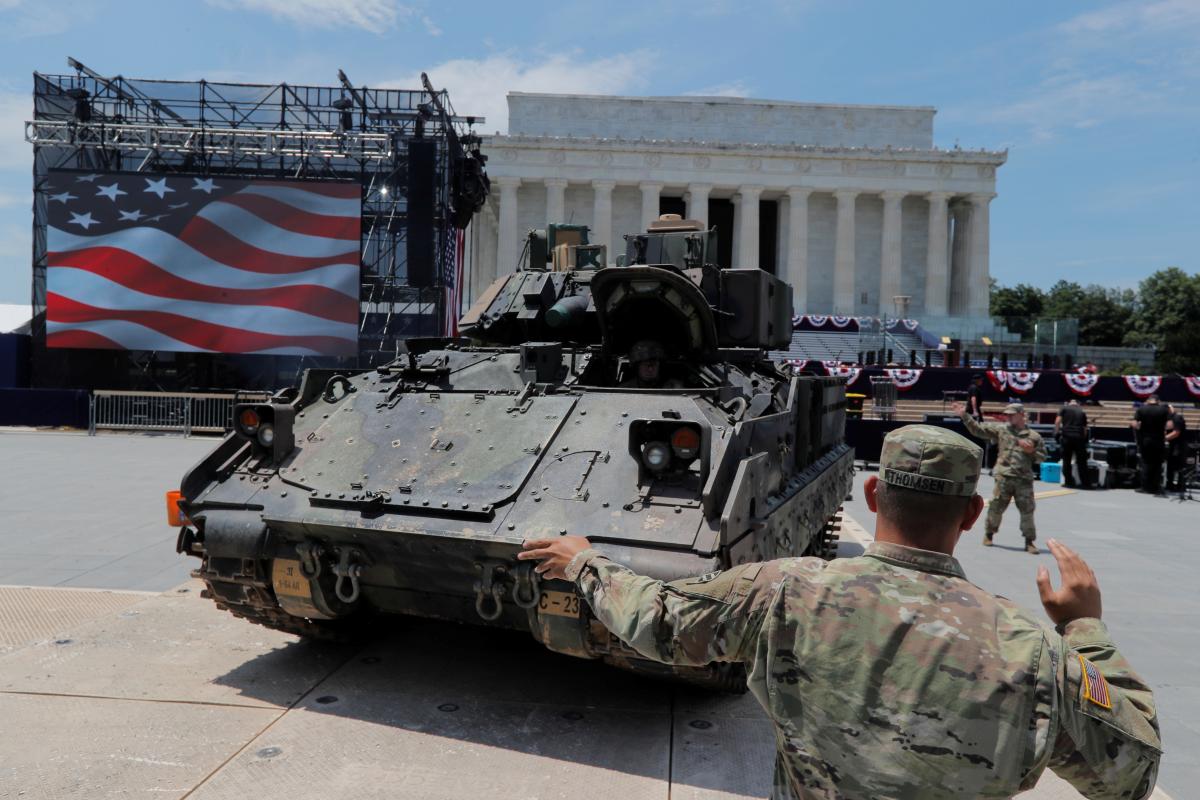
As the global landscape evolves, the United States continuously modernizes its military capabilities to adapt to emerging threats. Maintaining a strong and technologically advanced military is essential for deterrence and national security. However, it is crucial to balance military preparedness with diplomatic solutions to avoid a potential escalation into a global conflict.
The Humanitarian Impact of World War III:
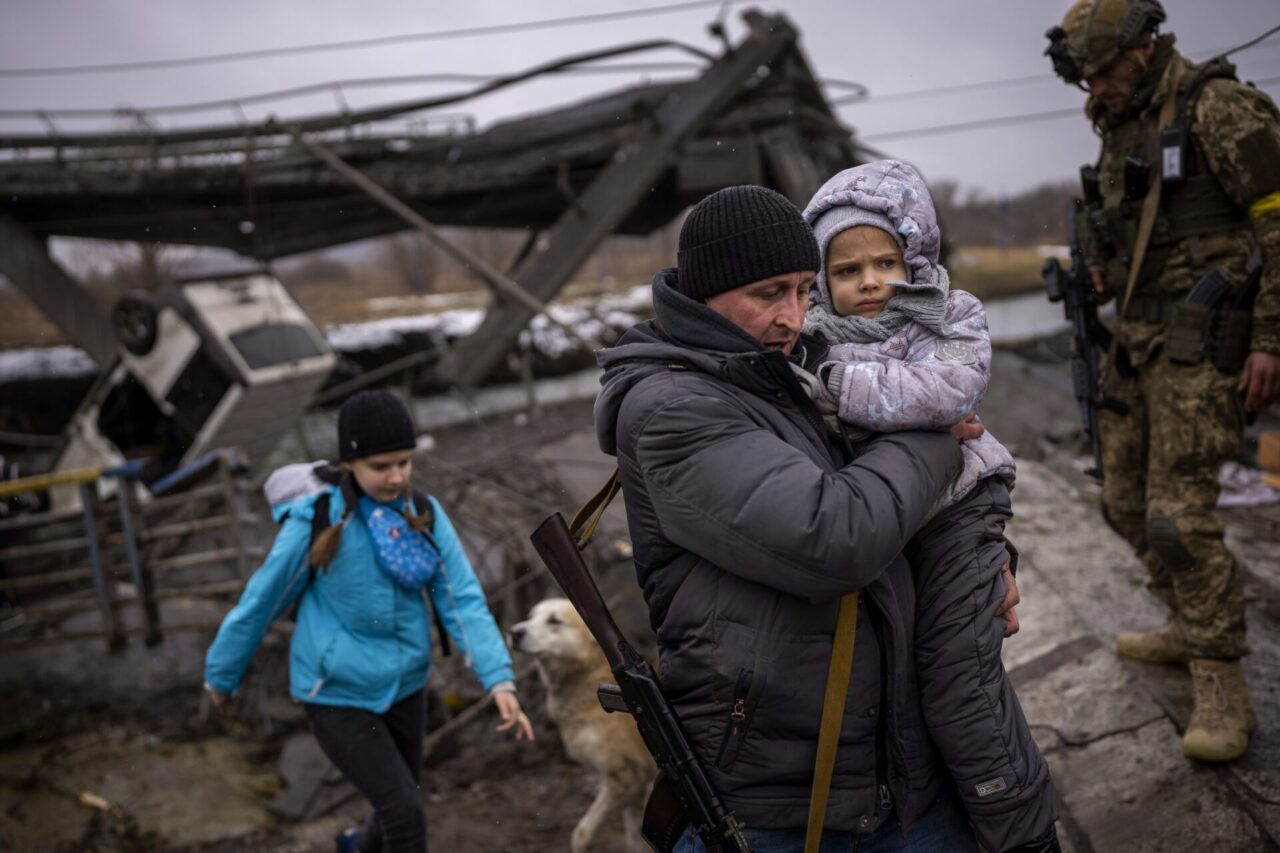
A global conflict on the scale of World War III would have a devastating humanitarian impact. The loss of lives, displacement of populations, and destruction of infrastructure would leave a lasting scar on the world. The United States recognizes the importance of humanitarian efforts and would likely prioritize minimizing civilian casualties and providing aid in such a scenario.
The Potential for Proxy Wars and Regional Conflicts:
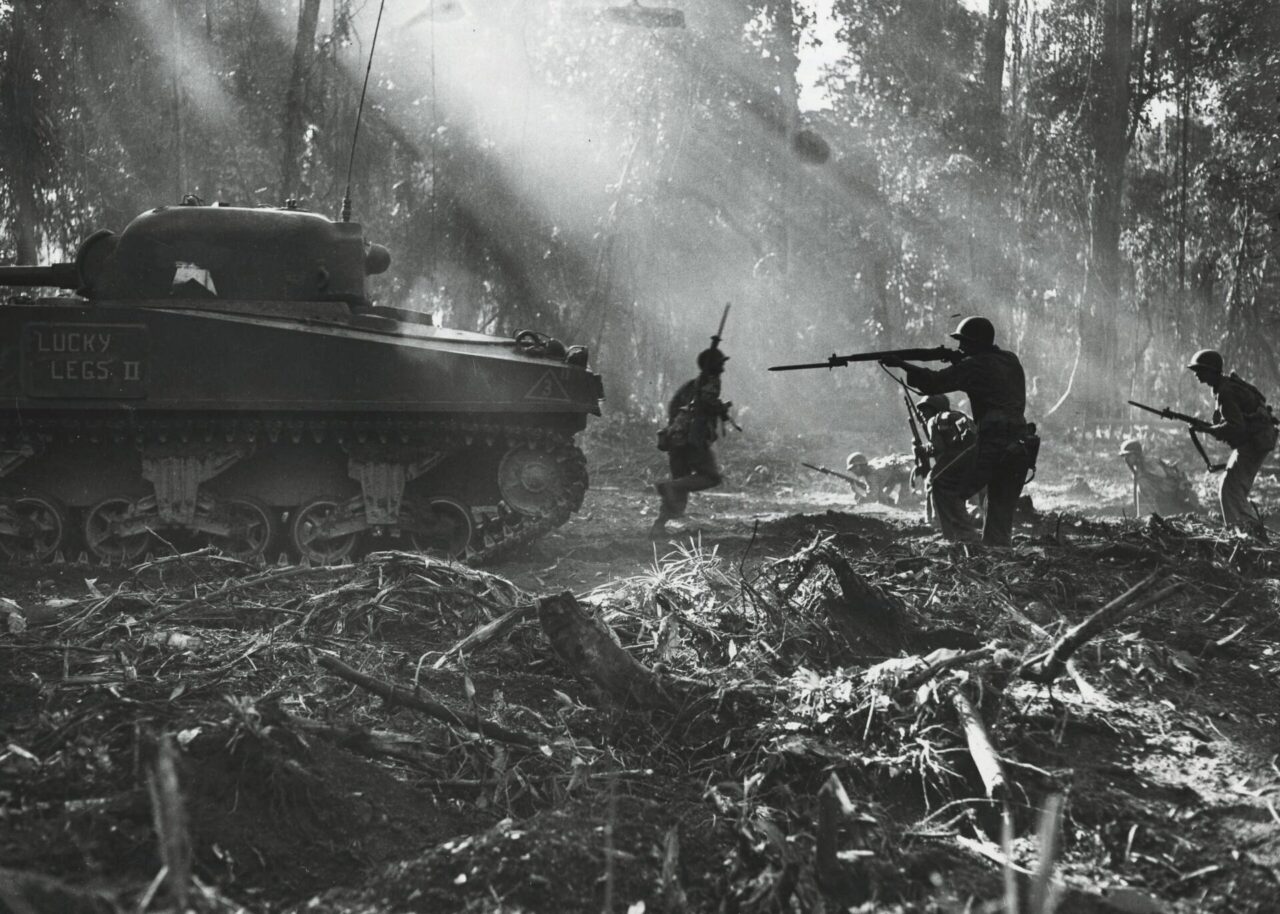
Proxy wars and regional conflicts have been a recurring feature of global politics. The United States has been involved in supporting allies and proxy forces in various conflicts throughout history. In the context of World War III, proxy wars could become a means for major powers to indirectly engage in conflicts, leading to a wider conflagration.
Conclusion:
While the prospect of World War III is a matter of concern, it is crucial to recognize that prevention and diplomacy should be prioritized to ensure global peace and stability. The United States, as a global superpower, has a pivotal role to play in mitigating conflicts and promoting cooperation among nations. By learning from historical lessons, fostering diplomatic relationships, and investing in peaceful solutions, the world can strive to prevent the occurrence of a catastrophic global conflict.
FAQs:
Q1: Is World War III inevitable?
A: World War III is not inevitable. It is essential to remain vigilant and prioritize diplomatic efforts to prevent such a conflict.
Q2: How can the United States prevent World War III?
A: The United States can prevent World War III by investing in diplomatic solutions. Supporting international institutions, and promoting peaceful cooperation among nations.
Q3: What role does technology play in World War III?
A: Technology, particularly in the realm of cyber warfare, poses new challenges and risks in the context of World War III. The United States must be prepared to defend against cyber threats and promote responsible use of technology in international relations.
Q4: Can nuclear weapons be a deterrent against World War III?
A: The possession of nuclear weapons has served as a deterrent against large-scale conflicts between nuclear-armed nations. However, the risk of accidental escalation or non-state actors
